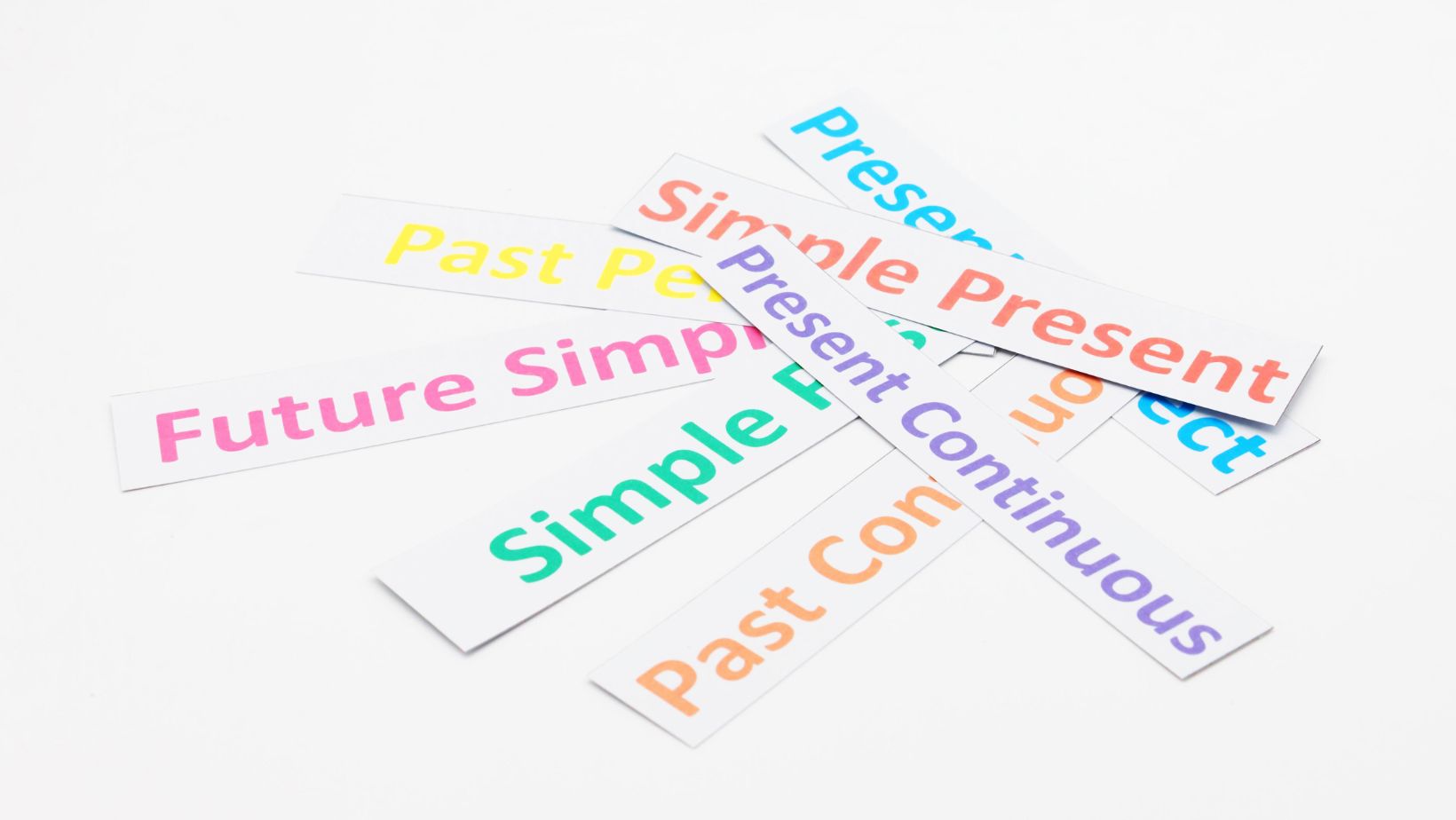Introduction
I used to struggle with English grammar. I couldn’t understand why I didn’t get it but eventually found out that I wasn’t alone in this. For most people learning English as a second language (ESL), grammar is one of the most difficult areas to master. However, there are certain techniques you can use to help you get a better grasp on the subject and improve your understanding so that you can communicate more effectively in your new language.
Practice writing. Not all of us have the best handwriting and this can impact our ability to learn English grammar.
- Write down what you learn. The practice of writing is essential to vocabulary and grammar acquisition, so don’t be afraid to use a pen and paper! Whenever you see something in English that confuses you, try writing it down on a piece of paper—either in your native language or English. This will help cement the meaning of these words and expressions in your head.
- Write in your own words. One common way for learners to get confused about English grammar is when they’re given a sentence that uses an unfamiliar sequence of tenses (such as “I am going” instead of “I went”). Writing these sentences out by hand allows you to quickly spot mistakes like this so that they can be corrected before they become ingrained habits.
- Write down your examples: When learning new vocabulary words or concepts such as prepositions (under vs over), pronouns (he/she/it), or conjunctions (but vs, however), ask yourself questions about them until their meaning becomes clear before moving on with the lesson plan at hand! This strategy can also help avoid confusion between similar sounding words such as then vs than because they both mean “at that time.”
- Write down your questions: Ask yourself how certain phrases might be used differently if there weren’t punctuation marks around them; for example: “They had plans last night but canceled them because she got sick.” Here we could rewrite something like this sentence using commas instead: “They had plans last night but canceled them because she got sick.” This would change its meaning entirely because there’s no indication within those three words whether this was intentional behavior from either party involved – maybe one person wanted something else more important done first?
Study one grammar concept at a time.
To get the most out of your study time, focus on one grammar concept at a time. It’s not effective to try to learn everything at once. Instead, break down what you’re learning into smaller chunks so that each part is easier to understand and remember.
Learn and practice new vocabulary.
If you want to improve your grammar, you need to learn and practice new vocabulary. There are many ways to do this:
- Read and listen. This is the best way to build up your vocabulary, so make reading a regular part of your routine. If you don’t like reading, try listening instead! You can use audiobooks or podcasts (we have some great suggestions here).
- Make flashcards. Flashcards are an easy way to memorize words often in conversations with native speakers (or in written English). They’re also great for testing yourself on what you’ve learned so far! Check out our guide on how to make them here.
- Use apps and websites like Duolingo or Memrise which provide language learning games or courses with interactive features like quizzes or challenges that help users practice their skills in context by translating sentences from English into another language (or vice versa) – perfect for building up confidence when speaking!
- Look up unfamiliar words using a dictionary app such as Merriam Webster Dictionary & Thesaurus app (available via the App Store) which has more than 100 million definitions covering everything from slang terms used today through historical etymology meaning “ancient origin” etc., all cross-referenced by subject category making it easy
Apply your learning by reading and writing regularly.
Reading and writing are the most important ways to apply your learning. Reading will help you understand grammar better, as well as learn new vocabulary, while writing will help you practice grammar and improve your spelling, punctuation, and grammar.
You can read all sorts of things: novels, newspapers or magazines; blogs that interest you; websites about topics that interest you; even something like a cookbook if it’s what interests you most! And when it comes to writing — whether it’s emails or letters in English or something else for school like an essay — ensure that what you write is correct according to standard written English (i.e., don’t use slang terms when they’re not necessary).
Find a learning partner who can support you with your studies.
One of the best ways to improve your English grammar skills is by finding a learning partner. It’s important to find someone who is willing and able to help you with your studies, but it’s also essential that they are at the same level as you and motivated to learn. If your potential learner isn’t willing or able to share their new learning with you, then this might not be the right person for this type of partnership.
Use a whiteboard or flip chart when you are giving presentations.
- Use a whiteboard or flip chart when you are giving presentations.
- Write down key points on the board or flip chart for your audience to see.
- Then, write down additional key points on the board or flip chart that isn’t as important, but still, needs to be covered.
Use color-coded post-it notes when writing.
Learning the grammar of English is a lot like learning a new language itself. It’s easy to get lost in it, especially when you’re trying to remember all the rules. The best way to make sure you understand the rules is to use color-coded post-it notes when writing.
When learning a new language, students usually begin by learning nouns and adjectives first because they are less complicated than verbs and tenses. In this same manner, when studying grammar you should start with nouns first before moving on to verbs and tenses so that your mind doesn’t become too overwhelmed with information at once.
Your post-it notes should be separated into three sections: nouns (for example “boy”), verbs (for example: “run”), and adverbs (for example: “quickly”). You’ll also want other colors such as green or blue so that these words can be used in different situations such as conjunctions or prepositions where they aren’t really used as nouns but still have an important part within its sentence structure
Anyone can learn English grammar if they know how to do it effectively
Here are some effective ways for English learners to learn about grammar:
Practice writing in English. The best way to learn any language is by using it regularly and consistently. By writing down your ideas, you will be able to see what works and what doesn’t work when it comes to communicating with others. Not only will this help you develop better-written skills, but it will also reinforce the rules of grammar that you’ve learned along the way.
Read books in English with a dictionary by your side. If there are words that don’t make sense or concepts that seem too difficult for you right now, look them up! Learning new vocabulary is an important part of learning any language (just think about how useful it would be if everyone spoke their native tongue perfectly).
Find someone who has already taken steps towards mastering these concepts so they can share their knowledge with others – whether through tutoring sessions or simply talking through different ideas together at home after school each day (this also helps kids connect with their peers during those awkward adolescent years).
Conclusion
If you follow these tips, you should be able to improve your understanding of English grammar.








